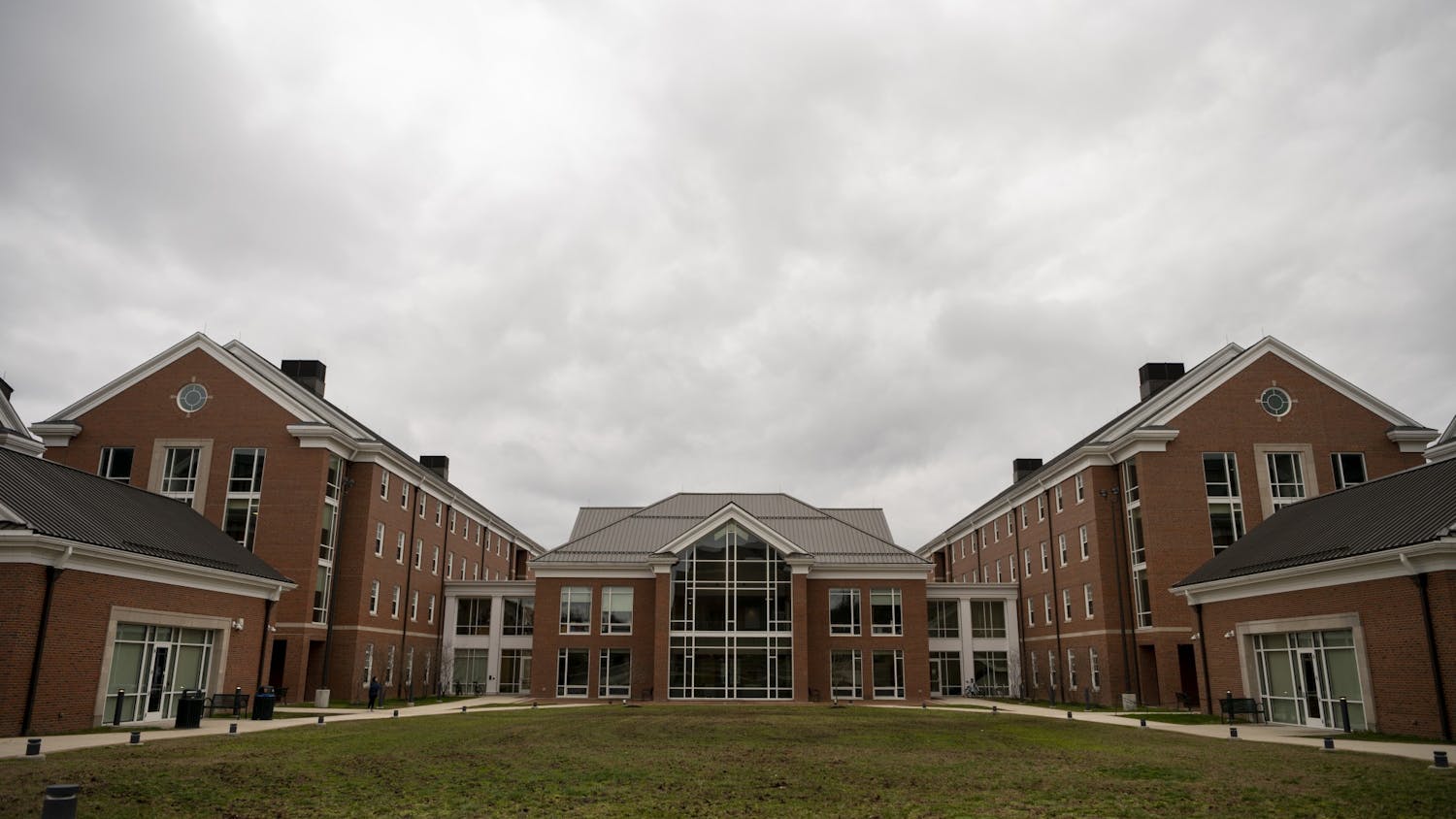Live-action adaptations have been around for years. While many have been released in the past few years, large numbers of those released have little or no critical acclaim. Sure, there have been some well-made live-action adaptations, but for the most part, they have fallen short.
There are a few main perpetrators of that, but a large one is Disney. In recent years, Disney released several live-action adaptations of older animated movies. Since 2020 alone, they have released five live-action versions of previously released movies. Some, like "Cruella," received moderate critical acclaim but most films have not.
This outlier is because "Cruella" did something different with the character of Cruella de Vil. Rather than just being a simple remake of "One Hundred and One Dalmatians," it dove into her origin as the franchise's villainess.
This is where many of Disney's live-action films are deficient. Many of them serve as simple remakes of older animated pieces, bringing nothing new to the table.
Take "Aladdin" for example. The live-action movie received little critical acclaim because the story was not reinterpreted. Furthermore, the real-life aspect took some of the fun out of the original animation.
However, some have moved in another direction, cutting out fan-favorite characters and bits. "Mulan" was a prime example of that. It changed up much of the movie, but not necessarily for the better. There was no singing and less humor, and Li Shang was removed. Li Shang played a vital role in the original animated film but was instead split into a love interest and a military leader in the live-action film, removing a major part of the story. As a result, the movie lost much of its charm.
Disney is not the only culprit for this. Anime remakes have also become relatively commonplace, to varying degrees of success.
"One Piece" was one of the more well-received adaptations, partly due to casting. However, the series also keeps some of the original's colorful cartoonishness, making it more fun to watch. The loyalty to the source material also made it more palatable for die-hard fans.
This is where the adaptation of "Cowboy Bebop" failed. Many fans of the original anime felt that it was far too different from the source material to be enjoyable. As a result, the show was canceled after just one season.
These all end up highlighting the glaring issues with live-action remakes. Remakes are often made to continue exploiting the popularity of a certain piece of media. However, these remakes often have a dedicated fanbase for the source material, meaning that they have to cater to that audience while trying to bring in a new one.
Live-action remakes often have to walk a very thin line between becoming a shot-by-shot remake or something completely different to appease original fans and bring a new audience.
Furthermore, there is another huge problem with live-action adaptations. As an art form, animation is incredibly difficult to translate to real life. With the increasing usage of CGI, it is becoming more possible to animate certain elements, but it can often feel lifeless.
"The Lion King" was one of these instances of misuse. The original movie was bright, colorful and full of life and movement. The opening sequence alone was a beautiful piece of art that set the stage for the rest of the movie.
On its own, the live-action version was technically astounding. After all, it is a movie made entirely with CGI. This also raises the question of whether it should be considered animated. However, it is intended to appear like a live-action film. This aspect takes much of the life out of it.
Simply put, animation does not translate into live action very well. Animation is meant to portray things in a way that feels unique and like a break from everyday life. Furthermore, it allows greater artistic expression.
Again, look at "Aladdin," specifically the Genie. The combination of comedy legend Robin Williams' eclectic vocal improv and the fluid animation made for something incredibly fun and entertaining to watch. On the other hand, Will Smith's live-action portrayal of the Genie was a bit more lackluster. This could be chalked up to the actor's performance, but it is more likely because the film lacked the magic more easily found in animation.
The Genie in the original animated film was a powerful, magical being that was somewhat humanoid. The live-action felt more human, which took away much of the character's appeal. His character was meant to be something inhuman, which made the live-action version come off as more of just a guy in a costume.
While live-action adaptations are a mainstay in Hollywood and have had a few commercial and critical successes, they generally come off as boring, lifeless rehashes of the source material or completely disregard it.






